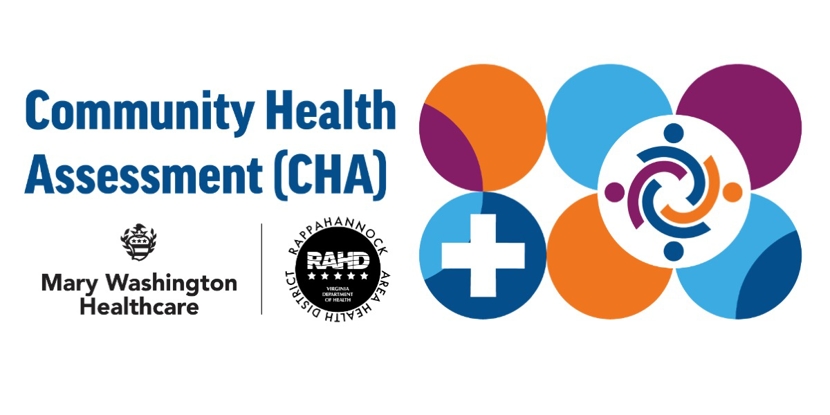Mary Washington Hospital Primary Stroke Center Earns National Recognition for Commitment to Quality Stroke Treatment
- Category: Press Releases
- Posted On:

American Heart Association Award recognizes Mary Washington Hospital’s commitment to quality stroke patient care.
Fredericksburg, VA, (July 18, 2023) - Mary Washington Hospital’s Primary Stroke Center has received the American Heart Association’s Get With The Guidelines® - Stroke GOLD PLUS quality achievement award for its commitment to ensuring stroke patients receive the most appropriate treatment according to nationally recognized, research-based guidelines, ultimately leading to more lives saved and reduced disability.
Stroke is the No. 5 cause of death and a leading cause of disability in the U.S. A stroke occurs when a blood vessel that carries oxygen and nutrients to the brain is either blocked by a clot or bursts. This causes a part of the brain to not get the blood and oxygen it needs, causing brain cells to die. Early stroke detection and treatment are key to improving survival, minimizing disability, and accelerating recovery times.
Get With the Guidelines® puts the expertise of the American Heart Association and American Stroke Association to work for hospitals nationwide, helping ensure patient care is aligned with the latest research and evidence-based guidelines. Get With the Guidelines–Stroke is an
in-hospital program for improving stroke care by promoting consistent adherence to these guidelines, which can minimize the long-term effects of a stroke and even prevent death.
“The Primary Stroke Center at Mary Washington Hospital continues its dedication to helping patients have the best possible chance of survival after a stroke and is honored to be recognized by the American Heart Association,” said Arun Chhabra, MD, Medical Director and Staff Neurologist, Mary Washington Hospital Primary Stroke Center. “Get with the Guidelines–Stroke makes it easier for our teams to improve outcomes for stroke patients by putting proven knowledge and guidelines to work on a daily basis. Our end goal is to ensure more people in the Fredericksburg region can experience longer, healthier lives.”
Each year, program participants qualify for the award by demonstrating how their organization has committed to providing quality care for stroke patients. In addition to following treatment guidelines, Get With The Guidelines® participants also educate patients to help them manage their health and recovery at home.
“We are incredibly pleased to recognize Mary Washington Hospital for its commitment to caring for patients with stroke,” said Steven Messe, M.D., volunteer chairperson of the American Heart Association Stroke System of Care Advisory Group and professor of neurology and director of fellowships of neurology at the Hospital of the University of Pennsylvania. “Participation in Get With The Guidelines is associated with improved patient outcomes, fewer readmissions and lower mortality rates – a win for health care systems, families and communities.”
For more information visit Stroke.mwhc.com.
###
About Mary Washington Healthcare:
Mary Washington Healthcare is a fully integrated, regional medical system that provides inpatient and outpatient care through over 50 facilities including Mary Washington Hospital, a 471-bed regional medical center, and Stafford Hospital, a 100-bed community hospital. Mary Washington Healthcare is a non-profit health system with a longstanding commitment to provide care regardless of ability to pay. For more information about our services and facilities, visit mwhc.com.
About Get With The Guidelines®
Get With the Guidelines® is the American Heart Association/American Stroke Association’s hospital-based quality improvement program that provides hospitals with the latest research-based guidelines. Developed with the goal of saving lives and hastening recovery, Get With The Guidelines has touched the lives of more than 12 million patients since 2001. For more information, visit heart.org.


.jpg)
